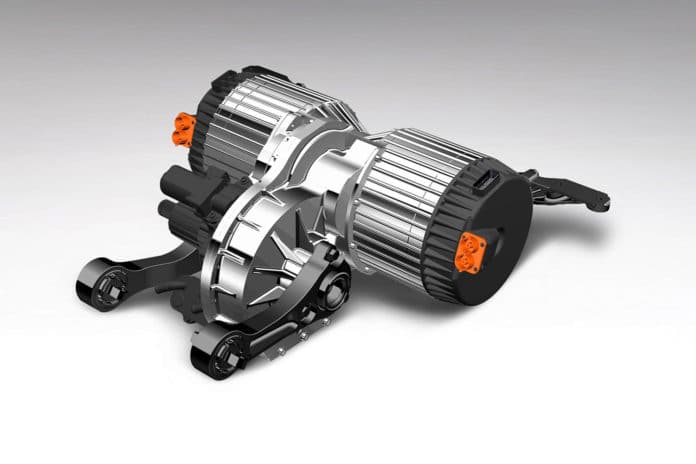Bentley Motors is now presenting a new research project that aims to transform electric vehicle powertrains, utilizing a fully integrated, free from rare-earth magnet e-axle that supports electric vehicle architectures.
Called OCTOPUS (Optimised Components, Test and simulatiOn, toolkits for Powertrains that integrate Ultra-high-speed motor Solutions), the project is funded by the British Department for Low Emission Vehicles and will be conducted in collaboration with Innovate UK.
The project follows the investigation that lasted 18 months, the conclusions of which indicate that the proposed electric drive system offers better performance than the latest permanent magnet motors. It should eliminate the need for both rare-earth magnets and copper windings, delivering a package both cost-effective and recyclable at its end of life.
In the OCTOPUS project, the drive design consists of a leading-edge motor, power electronics, and packaging transmission design, adding next-generation materials, manufacturing processes, simulation, and test cycles to deliver a full e-axle powertrain with unique levels of integration and revolutionary performance characteristics.
“With the industry, technologies, and cars changing faster than ever before, research projects such as OCTOPUS are crucial to deliver innovative technologies and overcome challenges for the next generation of mobility solutions,” said Stefan Fischer, Director of Bentley Powertrain Engineering.
Bentley estimates that the new drivetrain for EV will be ready to go into the production model by 2026 – the same year as they will present their first electric car.
